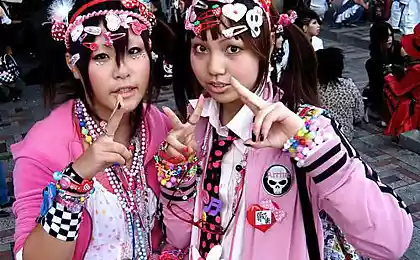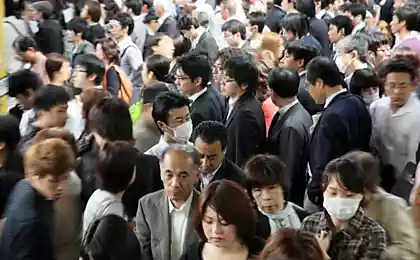211
Why the Japanese are numb with outrage when they see our ability to relax
For most of us, Japan is still a different world with a different culture, mentality, traditions, rules and laws. It’s no wonder that Japanese people are so different from us. In terms of work and career, including. It is about how they work in the Land of the Rising Sun, will tell the editors "Site".
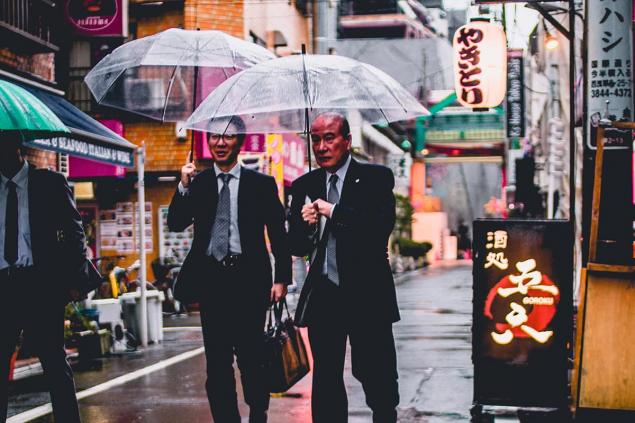
The eight-hour day has come to an end, the main working moments are settled, and everything else will wait until tomorrow. With this idea, almost every office worker leaves the workplace. But for millions of Japanese corporate employees, the end of the day looks very different. For them to leave work in time for dinner, accusatory lack of loyalty to the employer and the company as a whole.

According to statistics, about 25% of Japanese employers allow their employees to work about 80 hours per month. At the same time, overtime is not paid, because employees go for it at will. Unfortunately, in recent years, the Japanese are increasingly taking their own lives, unable to withstand such a savage workload. To refer to this sad phenomenon, a special term “karoshi” or “karoshi” even appeared.
In order to avoid such cases, Japanese firms even began to appear special employees, whose main task is to create new jobs. kick out from the office after 20:00 or 21:00. By the way, such a kicker is paid as much as $3,000 a month. Previously, such measures were not resorted to, because all subordinates could not leave work before the boss, who, as a rule, works late.

© Unsplash However, the Japanese are catastrophically little rest. Only those who work for a European company have a normal vacation. In other cases, every Japanese who works full-time has the right to 10 days off a year. And then, if he has to take his legal day off, then the person feels very guilty.
There is one big nuance: the Japanese do not have sick days. So when you want to lie at home with an illness, you will have to take those very days off. If the paid 10 days are over, take it at your own expense. By the way, bosses do not like to give such days to employees, since the company will need to report why a person missed his working day.
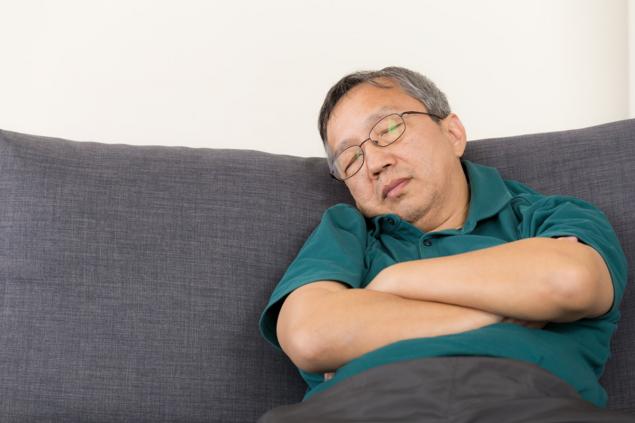
For this reason, the Japanese are always very festive. Even though they don't have many. In total, religious holidays account for 5 days in August, on New Year's Eve - 5 days and on May - a week. Of course, sometimes there are small celebrations of 3 days. But if they fall on the weekend, they will not be transferred to another day.
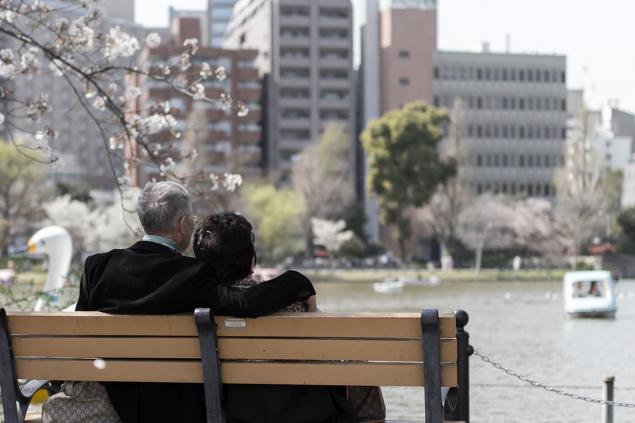
However, those who travel a lot, often had to meet the Japanese abroad. When do they manage to leave the country? It is very simple: travel only rich Japanese (on holidays, when the prices for tickets are sky-high) or very healthy. Unfortunately, such a rhythm of life for the people of Japan has long been. became the norm. Most of them just don’t know what can be different. And when the Japanese see how people know how to relax in other countries, they are sincerely surprised. After all, it turns out that you can work to live, and not vice versa.
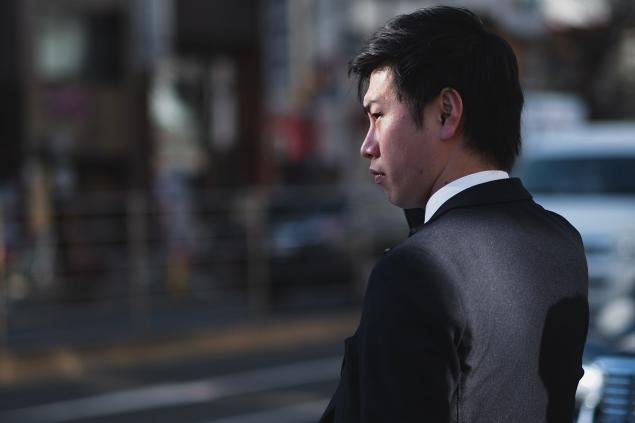
© Unsplash Do you think this attitude of the Japanese towards work and career is justified? Boldly shared their thoughts on this in the comments. Good luck!

The eight-hour day has come to an end, the main working moments are settled, and everything else will wait until tomorrow. With this idea, almost every office worker leaves the workplace. But for millions of Japanese corporate employees, the end of the day looks very different. For them to leave work in time for dinner, accusatory lack of loyalty to the employer and the company as a whole.

According to statistics, about 25% of Japanese employers allow their employees to work about 80 hours per month. At the same time, overtime is not paid, because employees go for it at will. Unfortunately, in recent years, the Japanese are increasingly taking their own lives, unable to withstand such a savage workload. To refer to this sad phenomenon, a special term “karoshi” or “karoshi” even appeared.
In order to avoid such cases, Japanese firms even began to appear special employees, whose main task is to create new jobs. kick out from the office after 20:00 or 21:00. By the way, such a kicker is paid as much as $3,000 a month. Previously, such measures were not resorted to, because all subordinates could not leave work before the boss, who, as a rule, works late.

© Unsplash However, the Japanese are catastrophically little rest. Only those who work for a European company have a normal vacation. In other cases, every Japanese who works full-time has the right to 10 days off a year. And then, if he has to take his legal day off, then the person feels very guilty.
There is one big nuance: the Japanese do not have sick days. So when you want to lie at home with an illness, you will have to take those very days off. If the paid 10 days are over, take it at your own expense. By the way, bosses do not like to give such days to employees, since the company will need to report why a person missed his working day.

For this reason, the Japanese are always very festive. Even though they don't have many. In total, religious holidays account for 5 days in August, on New Year's Eve - 5 days and on May - a week. Of course, sometimes there are small celebrations of 3 days. But if they fall on the weekend, they will not be transferred to another day.

However, those who travel a lot, often had to meet the Japanese abroad. When do they manage to leave the country? It is very simple: travel only rich Japanese (on holidays, when the prices for tickets are sky-high) or very healthy. Unfortunately, such a rhythm of life for the people of Japan has long been. became the norm. Most of them just don’t know what can be different. And when the Japanese see how people know how to relax in other countries, they are sincerely surprised. After all, it turns out that you can work to live, and not vice versa.

© Unsplash Do you think this attitude of the Japanese towards work and career is justified? Boldly shared their thoughts on this in the comments. Good luck!
A test that will determine the strength of your character: what is the cake with?
The main advantages of playing in Riobet casino

